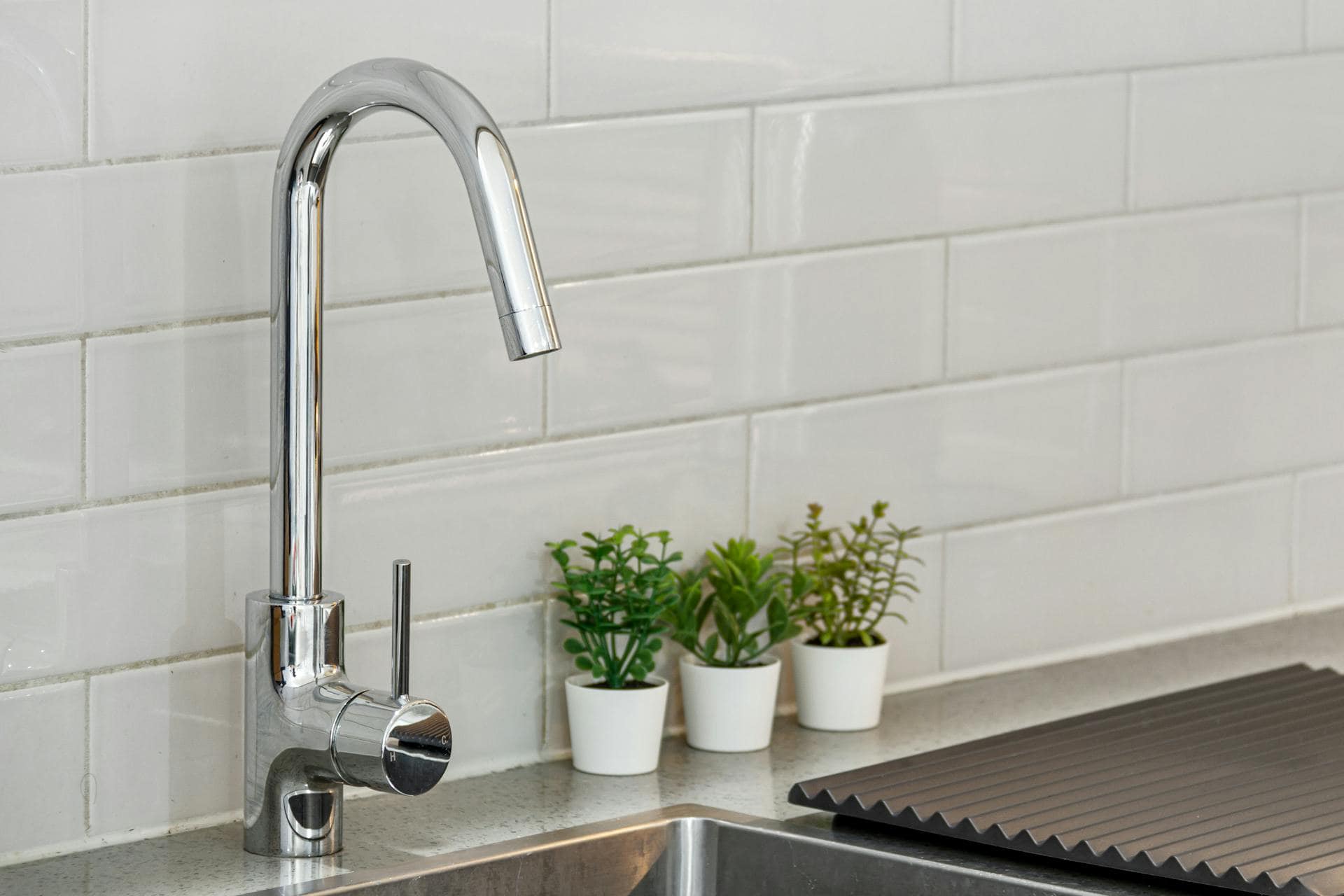
Question: Are Kitchen Faucet Holes Universal?
Answer: No, kitchen faucet holes are not universally standardized. While many faucets are designed for 1-3/8″ diameter holes, variations exist. Always check your sink and faucet specifications before purchasing.
Understanding Kitchen Faucet Hole Configurations
Kitchen faucets offer various designs and functionalities. A key consideration during faucet replacement or installation is the number of holes required for the faucet and accessories. This article addresses the common question: Are kitchen faucet holes universal?
Kitchen Faucet Hole Sizes
Kitchen faucet holes are not universally standardized. While some common configurations exist, manufacturers produce faucets with varying hole requirements. Understanding these variations is important for a successful installation. A mismatch between your sink’s holes and the faucet’s requirements can lead to difficulties.
Most sinks accommodate one to four holes. Single-hole faucets are common, but faucets may require separate holes for handles, sprayers, or soap dispensers. Measuring your sink’s existing holes before purchasing a new faucet ensures compatibility.
Click here for more information on cupboard refacing Toronto
Related Article: What is the Minimum Drain Line for a Kitchen Sink?
Related Article: Why is My Kitchen Sink Leaking Underneath?
Measuring Your Sink’s Holes
Accurate measurement is essential. Use a tape measure to determine the distance between the center of each hole. For centerset faucets, measure the center-to-center distance between the hot and cold handle holes. Widespread faucets require measuring the center of each handle hole and the spout hole. Record these measurements for reference when selecting a new faucet.
Remember to account for the size of the holes themselves. While the distance between holes is important, the holes must also be large enough to accommodate the faucet’s hardware. A slightly larger hole is generally acceptable, but a smaller hole will require modification of the sink.
Dealing with Mismatched Holes
If your new faucet doesn’t match your sink’s existing holes, several solutions exist. Deck plates or escutcheons cover unused holes, providing a clean, finished look. These plates come in various sizes and finishes to match your faucet and sink. For adding holes, consult a professional to avoid damaging your sink. They possess the tools and expertise to create clean and precise holes.
If your sink has too many holes for your chosen faucet, consider using a deck plate to cover the extra holes. This creates a streamlined look and ensures a proper fit. Adding holes to a sink is more complex and might require professional assistance. Improper drilling can crack or damage the sink. A professional can safely and accurately add the necessary holes.
Choosing the Right Faucet for Your Sink
Choosing a faucet involves several factors. The number of holes in your sink dictates the compatible faucet types. Consider your desired functionality, such as a pull-out sprayer or separate side sprayer. Aesthetic preferences also play a role, ensuring the faucet complements your kitchen’s style. Budget is another consideration, as faucet prices vary based on features and finishes. Balancing these factors ensures you select a faucet that meets both your practical needs and stylistic preferences.
A single-hole sink offers the most flexibility, accommodating single-hole and some centerset faucets with a deck plate. Sinks with multiple holes can typically accommodate widespread faucets and those with separate sprayers or soap dispensers. Carefully consider your sink’s configuration and your desired features when selecting a new faucet.
Conclusion
While kitchen faucet holes are not universally standardized, understanding the different configurations and measuring your sink accurately ensures a smooth installation process. Whether you choose a single-hole, centerset, widespread, or four-hole faucet, selecting the right fit for your sink is crucial. By following the tips outlined in this article, you can confidently select a faucet that complements your kitchen’s functionality and style. Addressing the question “Are kitchen faucet holes universal?” allows homeowners to make informed decisions during kitchen renovations or faucet replacements, avoiding potential installation issues.

Blue Malue Get in touch with Blue here.
